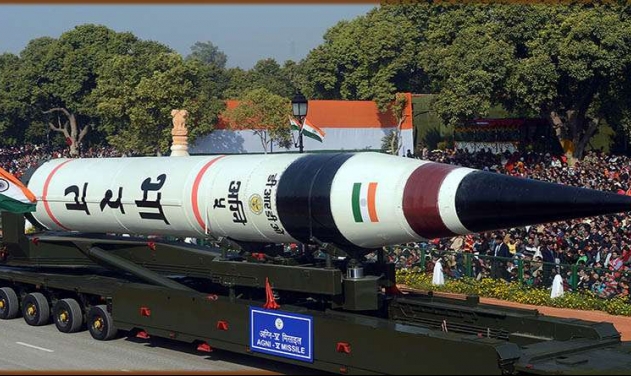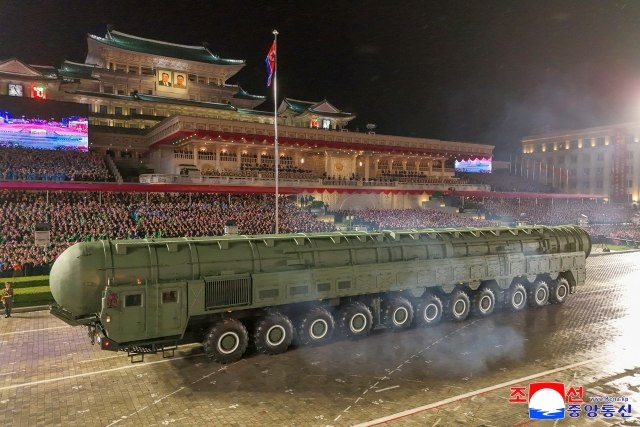Pakistan Offers Non-Testing Of Nuclear Weapons Agreement With India

Pakistan has offered a bilateral agreement over a mutual ban on non-testing of atomic weapons with India.
The offer regarding non-testing of nuclear weapons agreement has already been made but, “Pakistan has not received a favourable response from India,” Pakistani Foreign office spokesperson was quoted as saying by PTI Wednesday.
The spokesperson said Pakistan proposed to India a “simultaneous adherence to the Comprehensive Test Ban Treaty (CTBT)” following the 1998 nuclear tests by both countries.
“Once again, in the larger interest of peace and stability in the region, as also in the global context, Pakistan has indicated the possibility that the two countries may consider a bilateral arrangement,” he said.
A bilateral arrangement would be legally binding and difficult to withdraw unilaterally, the spokesperson said.
“A bilateral arrangement on non-testing will also send a positive signal to the Nuclear Supplier Group (NSG) countries which are discussing the non-proliferation commitments of non-NPT states in relation to the question of membership.”
The spokesperson said Pakistan has been consistently supporting the objectives of CTBT and “the bilateral non-testing arrangement, if mutually agreed, could become binding without waiting for the entry into force of the CTBT at the international level”.
Such an accord “could set the tone for further mutually agreed measures on restraint and avoidance of arms race in South Asia”, he said.
Both India and Pakistan are nuclear powers. But they have not signed the CTBT or Nuclear Non-Proliferation Treaty (NPT), the global agreements for banning all atomic explosions for military or civilian purposes.
The two countries have announced unilateral moratoriums on nuclear tests. However, such moratoriums are voluntary and legally non-binding and could be withdrawn.












